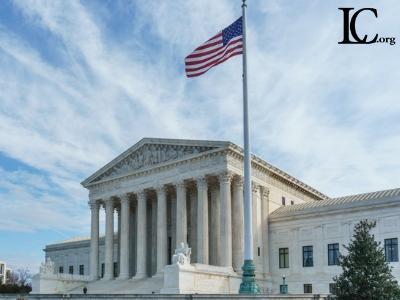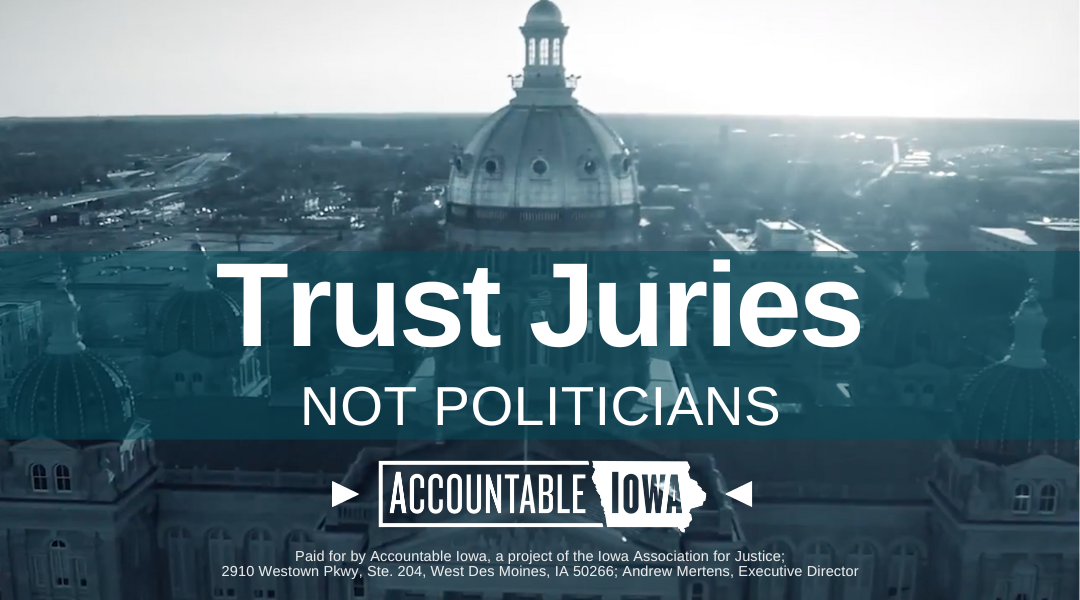On Thursday, the U.S. Supreme Court ruled 9-0 in favor of the National Rifle Association (NRA) in NRA v. Vullo which “plausibly alleged” that New York state financial authorities violated the First Amendment by coercing insurance companies to cut ties with the NRA as punishment for its “gun-promotion advocacy.”
The majority opinion, authored by Justice Sonya Sotomayor, cited Liberty Counsel’s 9-0 win in Shurtleff v. City of Boston. Justice Sotomayor wrote that while the “ballot box” is usually the first check on government speech, in this case the better check is the First Amendment which “prohibits government officials from wielding their power selectively to punish or suppress speech” through third parties.
In the opinion, the Justices reaffirmed previous rulings that government officials may not coerce private third parties to suppress speech it disfavors, such as in this case the NRA’s pro-Second Amendment viewpoint.
“Six decades ago, this Court held that a government entity’s ‘threat of invoking legal sanctions and other means of coercion’ against a third party ‘to achieve the suppression’ of disfavored speech violates the First Amendment,” wrote Justice Sotomayor. “Today, the Court reaffirms what it said then: Government officials cannot attempt to coerce private parties in order to punish or suppress views that the government disfavors.”
Justice Sotomayor added the NRA “plausibly alleges” Vullo “did just that.”
In the case, the NRA alleges that in 2017 and 2018, Maria Vullo, then superintendent of New York’s Department of Financial Services (DFS), cut a coercive deal with the company insuring the NRA. The deal allegedly involved the DFS not imposing penalties for uncovered insurance infractions committed by the company “in exchange” for ceasing business with gun groups. According to the High Court’s summary of the factual allegations, Vullo’s deal with Lockton, Chubb, and Lloyd included the insurers admitting to its violations and then “instruct[ing] its syndicates to cease underwriting firearm-related policies” and “scale back its NRA-related business.” In exchange, the DFS would focus its enforcement actions “solely” on other companies serving the NRA committing the same infractions while “ignore[ing] other syndicates writing similar policies.” The NRA brought First Amendment claims against Vullo and the DFS for censorship and retaliation.
Justice Sotomayor wrote, “The message was therefore loud and clear: Lloyd’s ‘could avoid liability for [unrelated] infractions’ if it ‘aided DFS’s campaign against gun groups’ by terminating its business relationships with them,” wrote Justice Sotomayor. “As alleged, Vullo’s communications with Lloyd’s can be reasonably understood as a threat or as an inducement. Either of those can be coercive.”
While the U.S. Second Circuit Court of Appeals ruled to dismiss the case in favor of Vullo stating she was entitled to qualified immunity and that her actions were part of legitimate regulatory activity and permissible government speech, the High Court disagreed. Justice Sotomayor wrote that Vullo was free to “forcefully” share her views and criticize other beliefs in “hopes of persuading others,” but that Vullo’s power as a government official could not go beyond those things.
The Supreme Court’s decision overturns the Second Circuit’s dismissal allowing the NRA to proceed with its First Amendment claims in a lawsuit against Vullo in a lower court.
Liberty Counsel’s Founder and Chairman Mat Staver said, “This is another 9-0 victory for free speech from the Supreme Court. Government officials cannot use their power to cancel an advocacy organization simply because they disfavor its viewpoint and advocacy. Coercion and retaliation are offensive to the First Amendment and they have no place in government speech.”
















